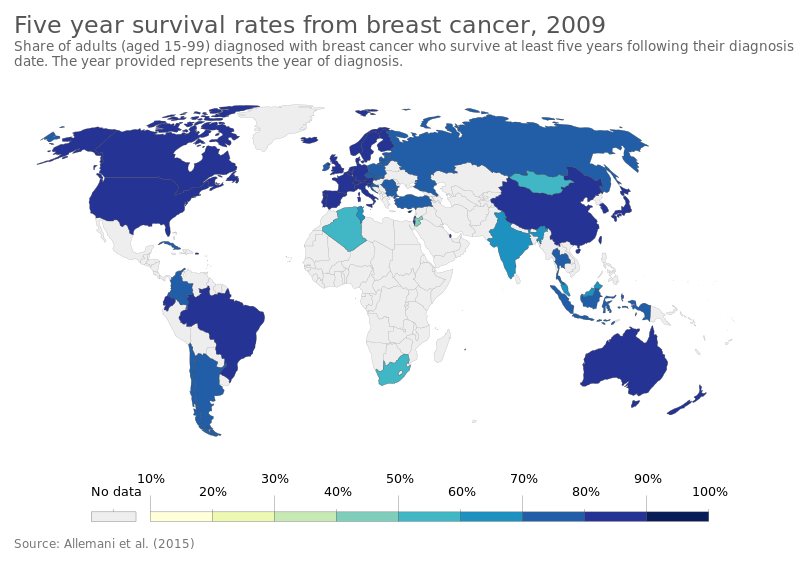Exploring Non-Genetic Factors in Personalized Medicine: A New Approach

Recent research spearheaded by Laura de Jong, a PhD graduate from Leiden University, has unveiled crucial insights into the factors influencing individual responses to medications, highlighting that it is not solely genetics that dictates drug efficacy and side effects. The findings, published in her dissertation titled 'The Impact of Non-Genetic Factors on Drug Metabolism: Towards Better Phenotype Predictions', suggest a paradigm shift towards a more holistic understanding of personalized medicine.
De Jong's research, completed in June 2025, focused on how non-genetic variables, such as co-medication and inflammation, significantly affect liver metabolism, which is critical for drug processing in the body. "We aimed to predict how someone will react to a medicine, tailoring treatments more effectively," states de Jong. Her work is pivotal in understanding why drugs metabolize differently in individuals with the same genetic profiles. According to Dr. Robert Rissmann, one of de Jong's supervisors and an expert in pharmacogenomics, “While genetics is a key player, overlooking the influence of a patient’s overall health and concomitant medications can lead to serious consequences.”
The significance of these findings is underscored by the fact that even slight variations in liver enzyme activity can lead to drastically different drug tolerances and efficacy. For instance, de Jong observed interactions where common medications like omeprazole and fluvoxamine could inhibit liver enzymes, resulting in prolonged drug retention in patients already predisposed to slower metabolism due to genetic variants. This underscores a pressing need for healthcare providers to consider both genetic and non-genetic factors when prescribing medications.
Moreover, de Jong's investigation into how inflammation alters liver function reveals another layer of complexity. Inflammation can stem from various acute and chronic conditions, including COVID-19 and rheumatoid arthritis, which further complicates treatment protocols. Her laboratory experiments revealed that certain liver enzymes are more susceptible to inflammatory changes, indicating that the timing and context of medication administration are crucial for effective treatment.
Dr. Jesse Swen, another supervisor and a prominent figure in clinical pharmacology, remarks, “This research highlights the importance of integrating knowledge about drug interactions with genetics in clinical practice. It represents a first step towards a more comprehensive and tailored approach to medicine.” Currently, there are no standardized guidelines for adjusting medication dosages in patients experiencing inflammation, a gap that de Jong aims to address through future studies.
De Jong's findings not only contribute to the academic field but also carry profound implications for clinical practices and patient outcomes. “When healthcare providers recognize that illness can significantly affect liver function, they can adjust their prescriptions accordingly, potentially leading to improved patient safety and outcomes,” she emphasizes. The ultimate goal of her research is to create a more integrated model for prescribing medications, taking into account a patient’s current health status and how it may influence drug metabolism.
As the field of personalized medicine continues to evolve, de Jong's work stands as a testament to the need for a comprehensive approach that transcends genetic considerations alone. By fostering greater awareness among healthcare professionals and developing more robust guidelines for medication management, the potential for improved patient care and therapeutic efficacy is significant. This research not only paves the way for future studies but also inspires a re-evaluation of current medical practices, ultimately enhancing the field of personalized medicine.
Advertisement
Tags
Advertisement





